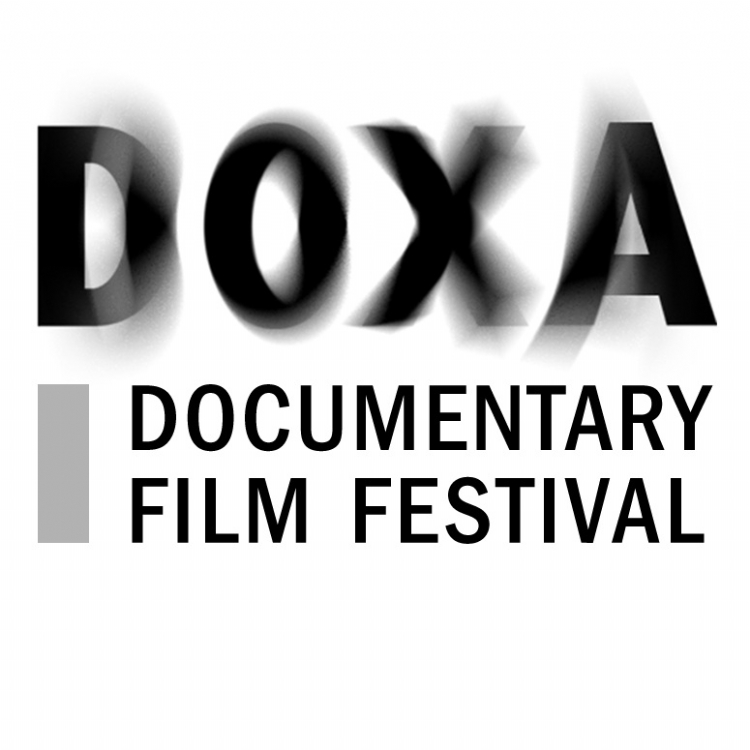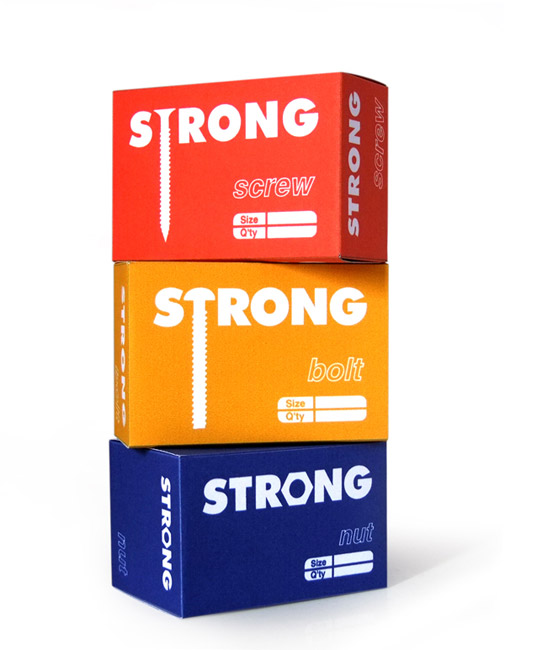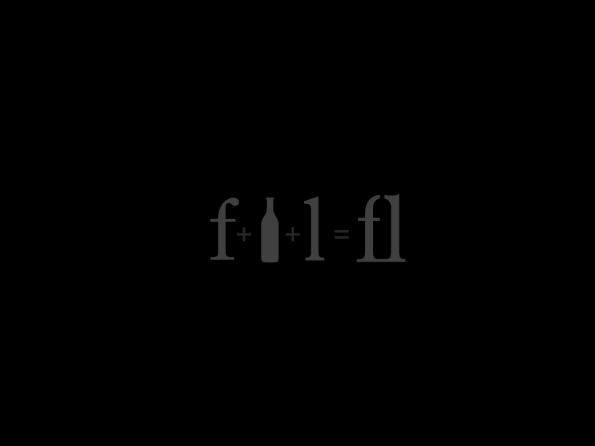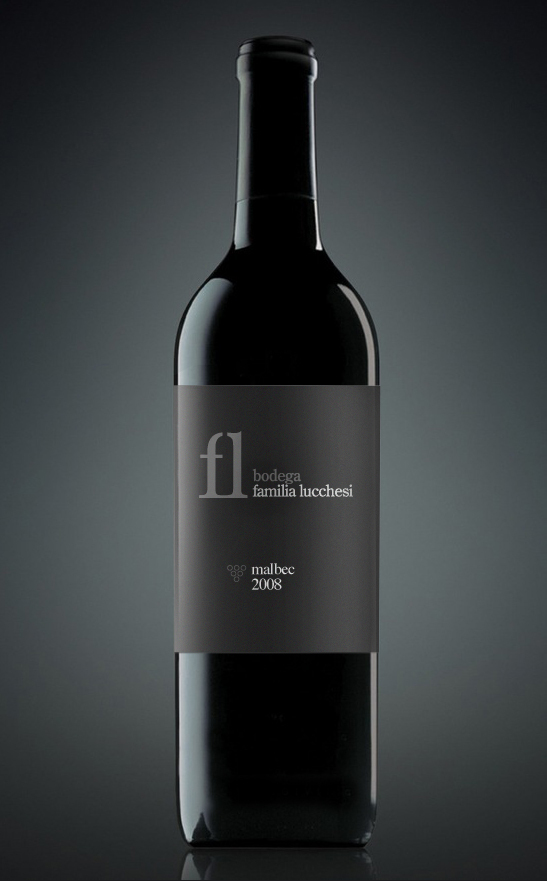- Die cut cards, photographs, vertical orientation, textured, foil accents, folded cards, plastic cards, simplicity, double sided cards. Red makes the viewer hungry.
- Logo, name, title, web and email address, address, phone and fax.
Business Card Inspiration
Overall, from the competition pieces, I like the incorporation of candy and bright colors.
I love that this card has an interesting shape that also relates to the business.
I like the texture and that the background is split and has an interesting design.
I like the shape and simplicity of this card.
Letterhead Inspiration
I really like the border of the letterhead. I don't like the envelope as much.
I like the brightness of this letterhead, I feel that mine should be bright as well. I think that the logo and company information take up too much room though.
I really like the border at the top and how the company name works with the design.
Envelope Inspiration
I like how this envelope coordinates with the other pieces, while having its own design.
I like how decorative this envelope is, but I think that it is too dark on the right side of the envelope.




















